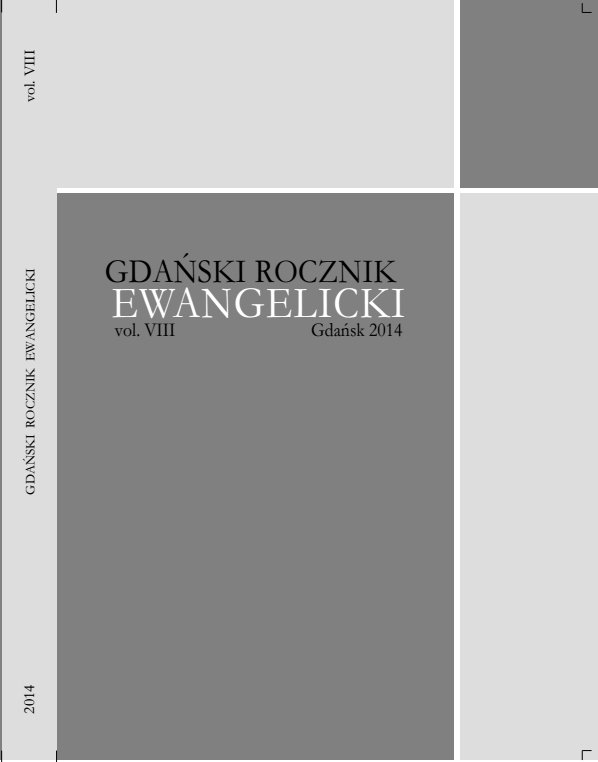Neopietyzm a postawy narodowe. Ruch gromadkarski na Mazurach w XIX i XX w. (do 1956). Cześć I
The Revivalist Evangelical Movement contra National Standpoints. The Small Group Movement in Masuria in the Nine¬teenth and Twentieth Centuries (until
Author(s): Grzegorz JasińskiSubject(s): History
Published by: Parafia Ewangelicko-Augsburska (Luterańska) w Gdańsku-Sopocie
Keywords: Masuria; Small Group Movement; Evangelical Church; nineteenth century; twentieth century
Summary/Abstract: The Small Group Movement in East Prussia, in spite of some external inspiration, was an original product of the local Masurian (and Lithuanian) community, deeply embedded in it and reflecting its religious needs. Its initial radicalizing effect, however, created local distrust, but this was not characteristic of the Movement as such, but only some of its outer forms. Nevertheless, the Small Group Members, unless they denied it of their own will, remained the rightful members of their communities, and were not excluded from them. Modernization processes in the second half of the nineteenth century, marked by significant association trends, reached the community Movement as well, the expression of which was the establishment of the East Prussian Prayer Association in 1885 and other organizations originating from it. The source of these divisions were matters stemming from social tensions, general cultural changes and the desire to take up the challenge. However this Movement, remained in a large measure a bulwark of conservatism and multilinguistic conceptions of the Prussian state, the latter dating back to the period prior to 1871, although the desire to preserve old traditions (principally to maintain the Polish and Lithuanian languages as lingua sacra) did not mean resistance to the state. On the contrary, according to the criteria of the Movement, they acknowledged strictly every authority, unless it contravened common moral rules. After the First World War, the Small Group Movement approached the official Church on a shared conservative ground and common criticism against the religious policy promoted by the Weimar Republic, accompanied with the revivalist evangelical attitude which was characteristic of East Prussian clergy. Therefore, after 1933, together with the emergence of the „church struggle”, the Small Group Members supported the Confessing Church, with which they were on a common revivalist ground. However, it did not mean total rejection of the German state. After the peak stage of the „church struggle” the reluctant attitudes towards the Nazi state considerably appeased. However, the Small Group Movement, due to a certain independent spirit, and because of its participation in the „church struggle”, even after it had ended, was treated with mistrust by the Nazi state.
Journal: Gdański Rocznik Ewangelicki
- Issue Year: 2014
- Issue No: 8
- Page Range: 108-134
- Page Count: 26
- Language: Polish

